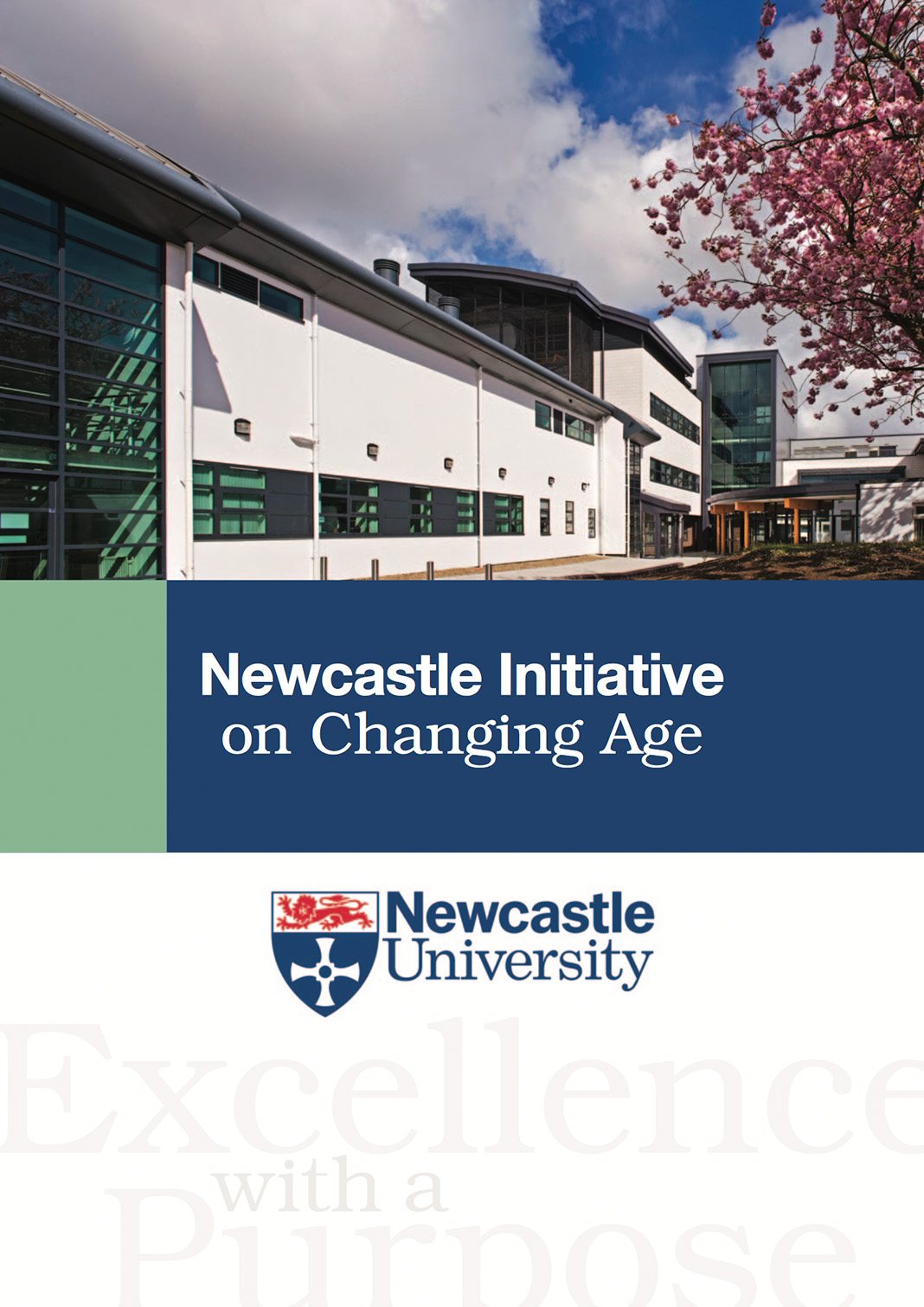Newcastle University began research into ageing with pioneering work on dementia in the 1960s and 1970s.
The university was one of the first to recognise the importance of studying age, establishing the Institute for Ageing and Health in 1994 to foster multidisciplinary research which has now culminated in the creation of the Newcastle Initiative on Changing Age.
The institute is now home to over 70 academics and researchers, plus large numbers of students, and is at the centre of a much larger network of research across all of Newcastle University’s three faculties and its campus for Aging and Vitality; the largest and most comprehensive programme of research into ageing in Europe.
Newcastle Initiative on Changing Age
This broad ranging programme of research is brought together under the university’s Newcastle Initiative on Changing Age in six themes:
- Mechanisms of Ageing;
- Ageing and Chronic Disease;
- Through-life health and wellbeing;
- Ageing, technology and the built environment;
- Ageing, arts and culture; and
- Ageing, policy and business.
Through two articles in this booklet, researcher at Newcastle University discuss the initiative on changing age and highlight the urgent need to think differently about ageing. The research begins with understanding why we age and the biological reasons behind it along with the mechanisms involved. The research conducted leads the explanation of the evolutionary genetics of ageing, whilst the Centre for Integrated Systems Biology of Ageing and Nutrition inspires a growing number of groups worldwide to explore the complex mechanisms the lead to age-related frailty, disability and disease.
Newcastle University and the Newcastle upon Tyne Hospitals NHS Foundation Trust have are part of a biomedicine partnership which creates a unique environment for innovation in ageing research, healthcare, business, civic agencies, and the public.
The campus has benefitted from an investment in their facilities including Ageing Laboratories, Clinical Ageing Research Unit, Biomedical Research Centre and Biomedical Research Unit, Newcastle Magnetic Resonance Centre and the Newcastle Brain Tissue Resource.




